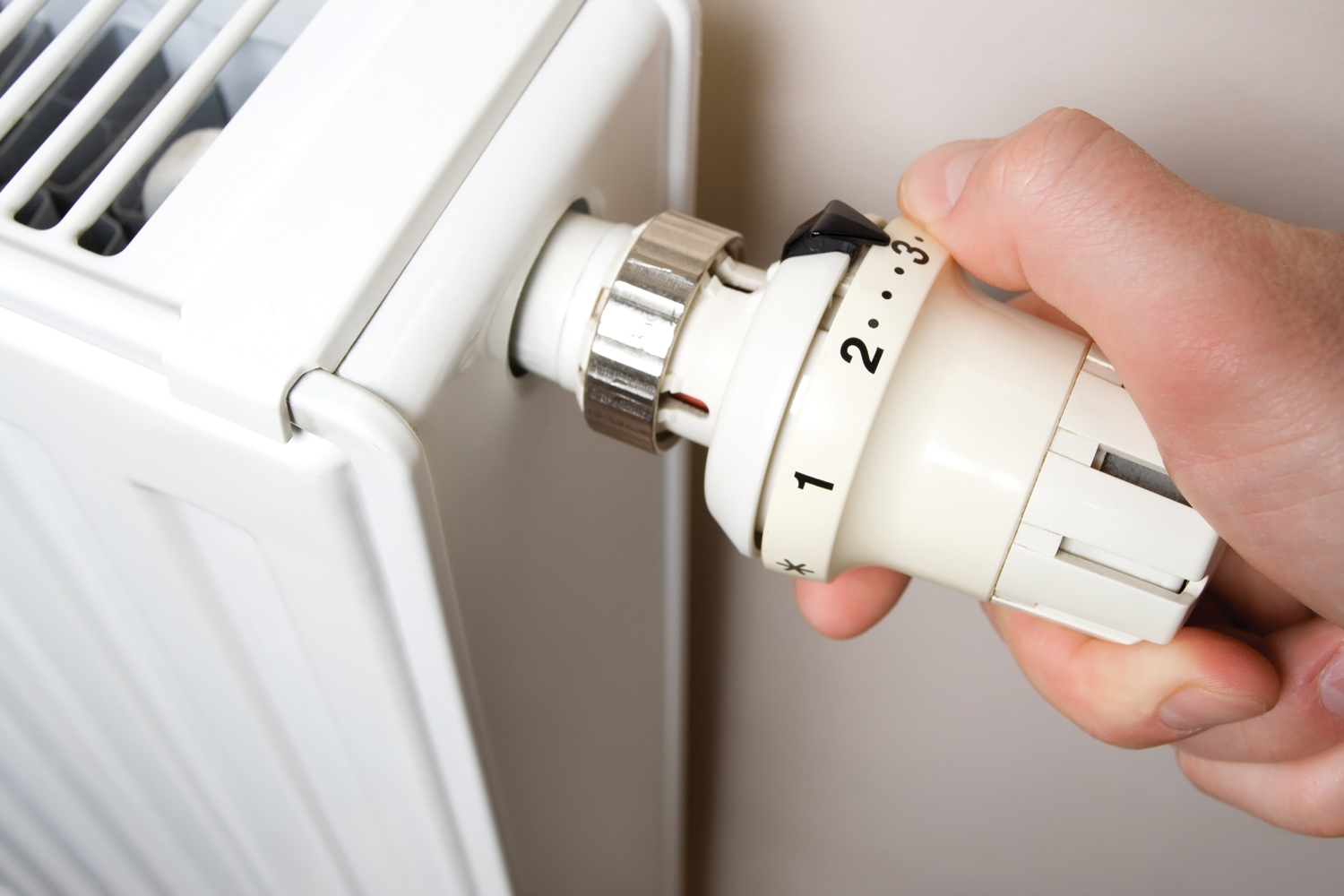Household Bills
Lack of shopping around ‘costing Brits billions’

Brits risk facing much higher costs for their various household bills due to so few people shopping around for new deals, a new report from GoCompare has revealed.
Its latest ‘switching report’ found that 43% of consumers in the UK had failed to switch any of the ten most popular financial products last year, which includes the likes of car and home insurance, energy and broadband deals. This compares to 39% from 2019
Some financial products have seen a significant change in the level of shopping around over the last 12 months. For example just 19% of car insurance customers were found to have switched deals in the year to December 2020, down from 28% the year before, while the number of home insurance policyholders who had switched deals plunged from 21% to 14% over the same period.
Not a single product included in the study had seen the number of switchers increase last year.
This apathy towards switching is not a new development either. GoCompare noted that a fifth of those surveyed had never switched any of the common products or services, with bank accounts (38%) the most common product that people hang on to for life.
However, this attitude comes with a significant financial cost. The best deals and packages are reserved for new customers, with longer-term customers seeing their bills gradually increase over time. As a result failing to shop around and switch every year or two means that you will end up paying more for the same service than if you had taken the time to compare deals.
GoCompare reckons that as a result of failing to shop around, collectively we are paying billions more than we need to on over-priced deals. With energy for example, the price cap ‒ which is being raised in April, and will mean households face paying an extra £96 a year ‒ only applies to the tariffs charged to households who have not switched since their last deal finished. By contrast, a new fixed tariff could save the typical household hundreds of pounds a year.
Interestingly, while Brits are looking to trim their spending this year, household bills still rarely register as a way of doing this. The GoCompare report found that a massive 88% of Brits want to cut back on their outgoings in 2021, the areas earmarked for these savings include things like grocery bills (40%) and takeaways (35%).
Lee Griffin, founder and CEO of GoCompare, said that millions of people are failing to actively engage with their bills, adding “Providers still tend to price products to attract new customers rather than rewarding loyal ones – who effectively end-up paying a hefty ‘loyalty tax’. So, particularly if you haven’t reviewed your arrangements for a few years it’s a good time to do so.”
Getting more from your money
GoCompare has highlighted a host of simple steps to get the most out of shopping around for your providers.
The first is to keep a diary of renewal and expiry dates of your various deals. This is important as in some cases your deal expiring will mean you move directly onto a more expensive package, for example with your energy deal or your mortgage. By noting the expiry date you can give yourself time to shop around before facing a bill shock.
You will usually be offered a quote for renewing your deal with your current provider, particularly on an insurance policy. It’s vital that you don’t simply accept it, and shop around to see how it compares. There’s a good chance it will be more expensive than a rival deal.
Of course, the easiest way to shop around is through a price comparison site. There’s no shortage of them either, and they can give you a good idea of precisely what deals are available to you.
Comparing deals is about more than simply looking at the headline price though. You also need to take into account the features of the product ‒ in other words, what are you getting for your money? And are there extra costs with some deals that you need to include in your comparison? Never forget to read that small print. It could save a fortune in the long run.